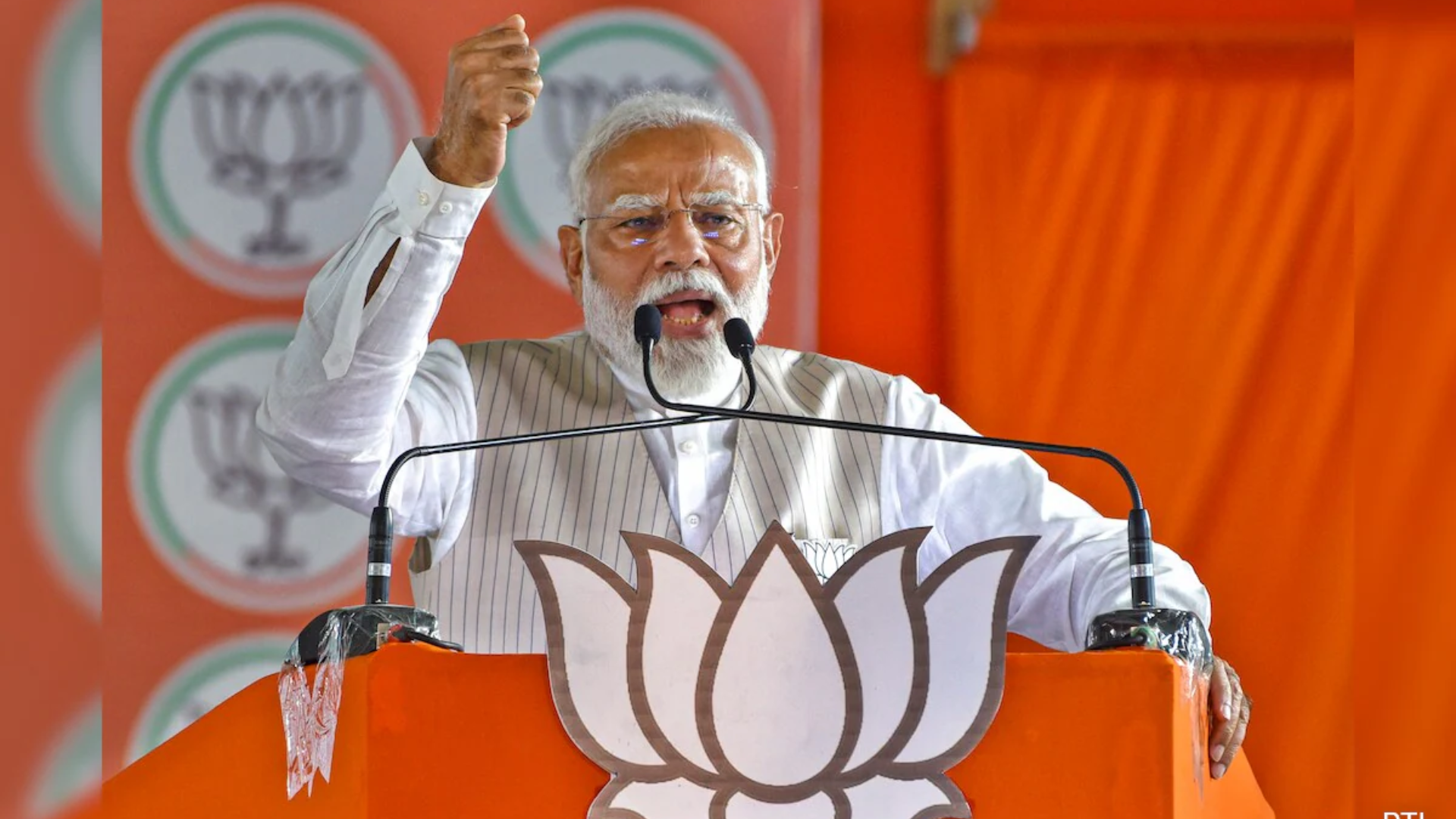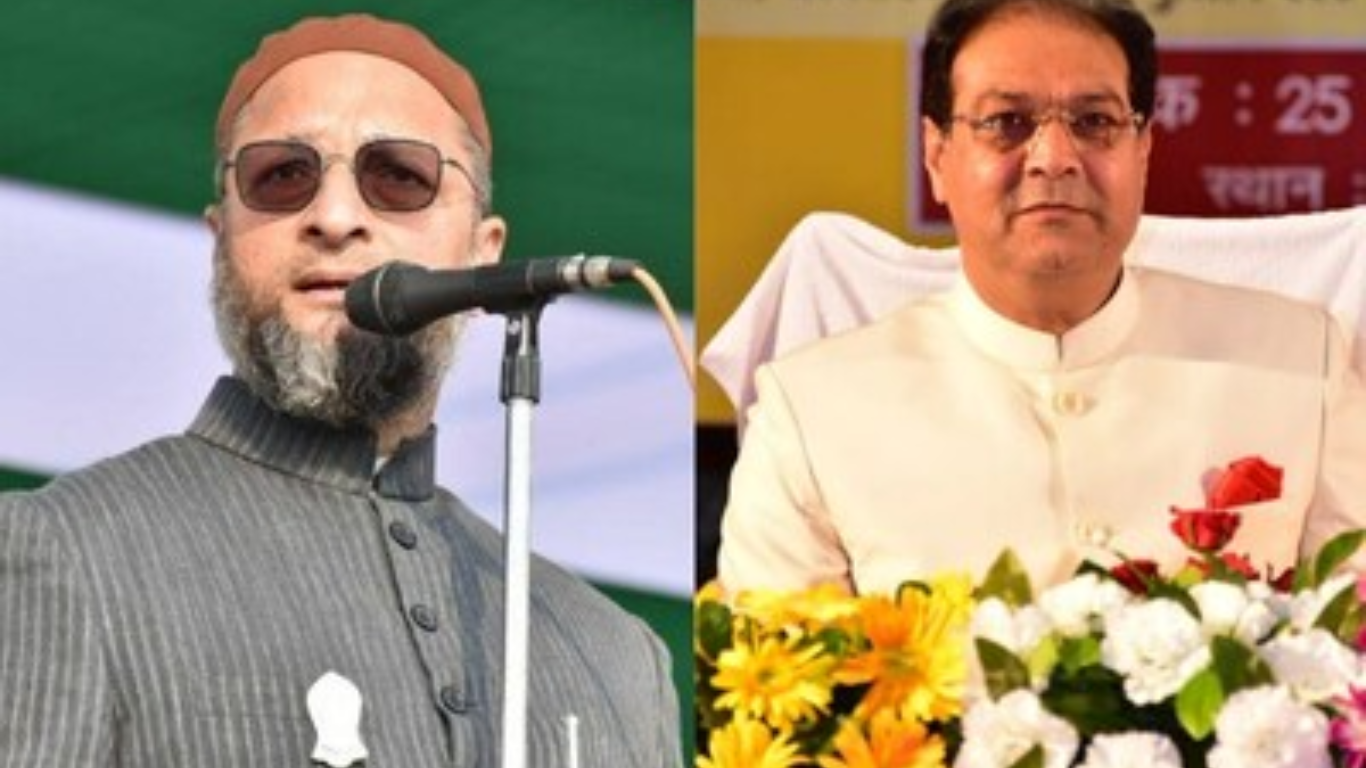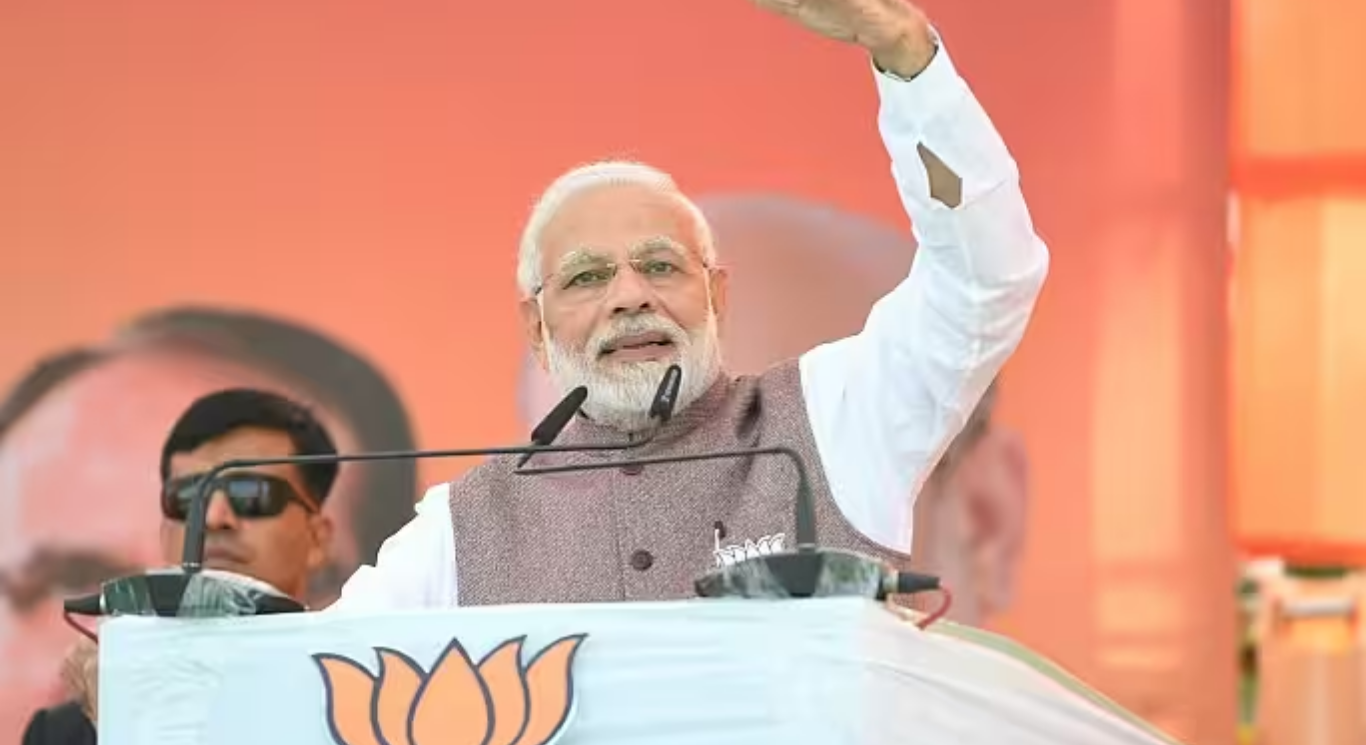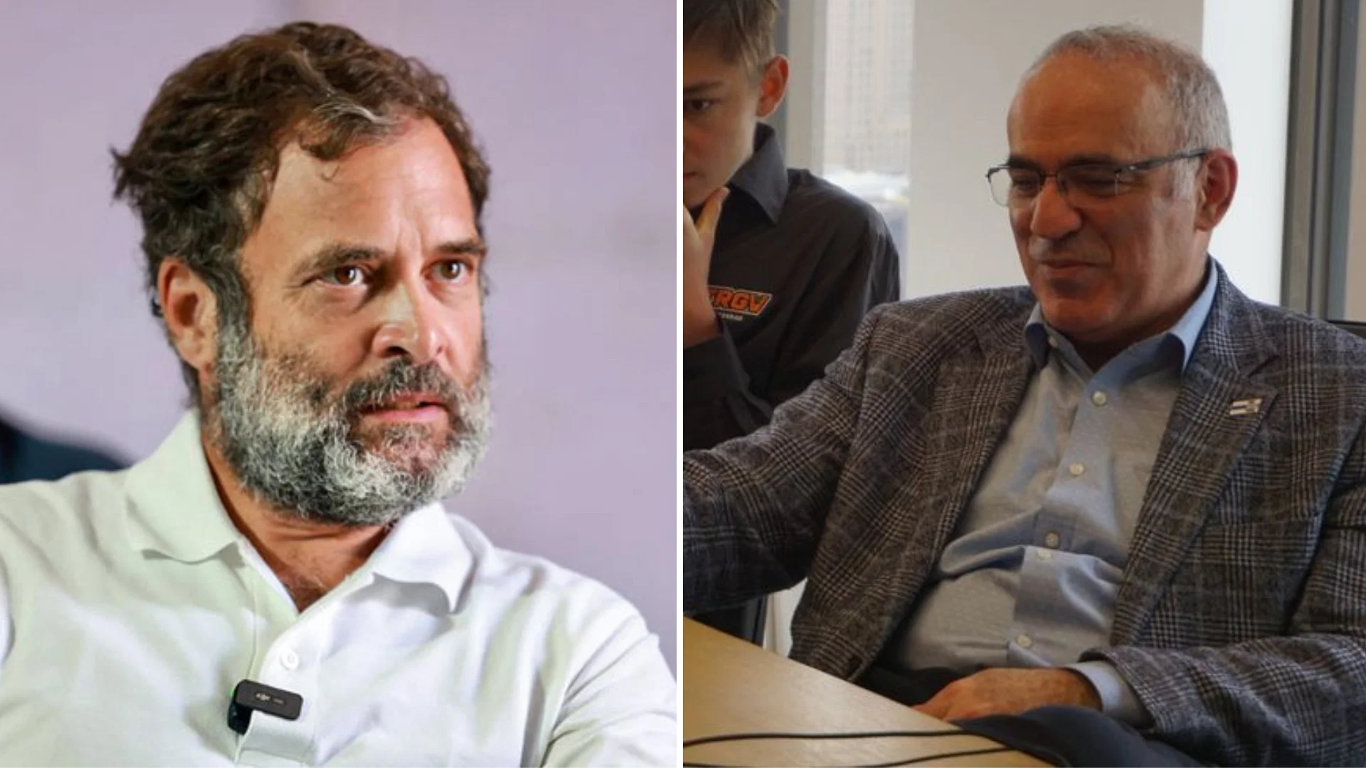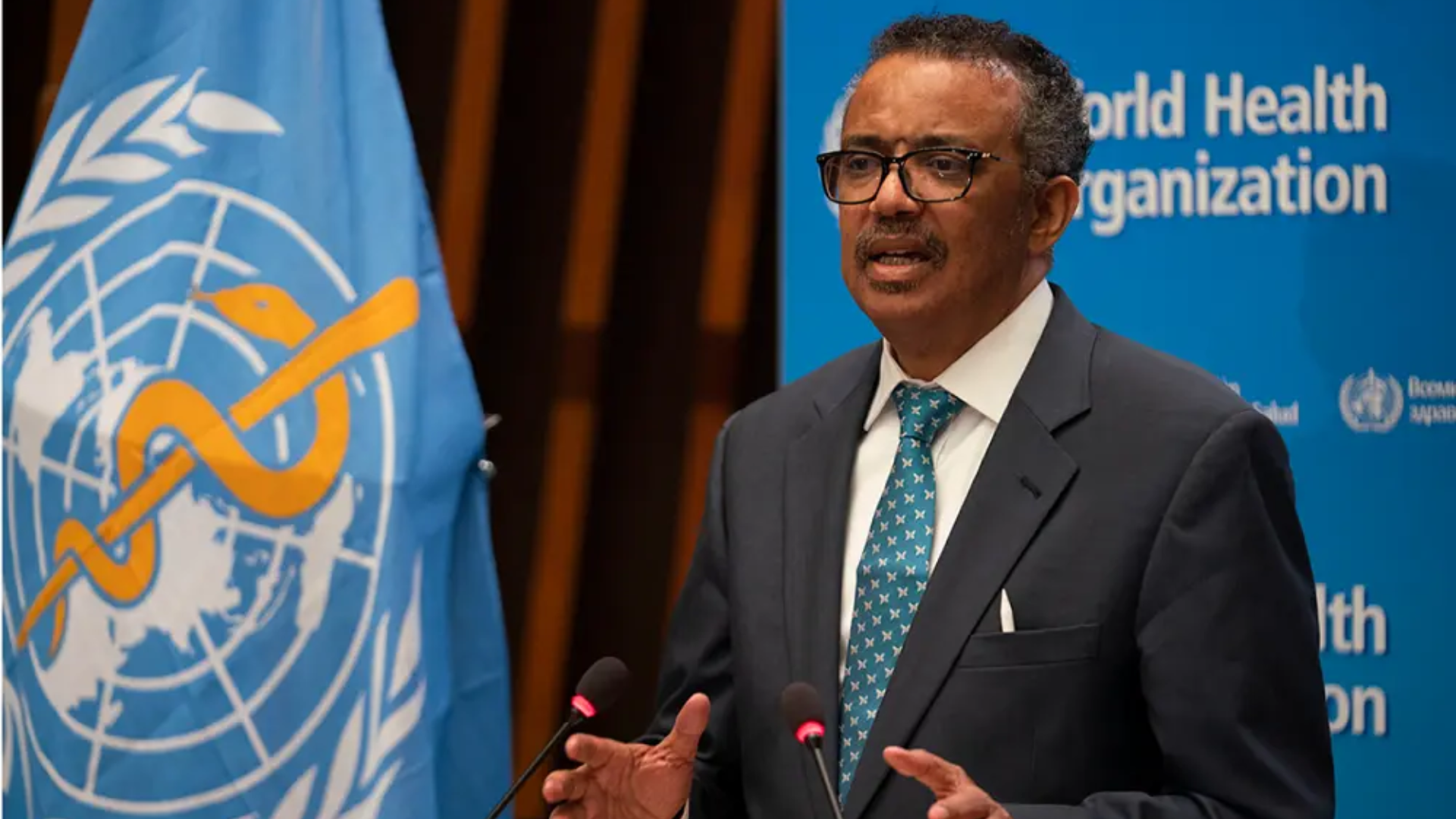


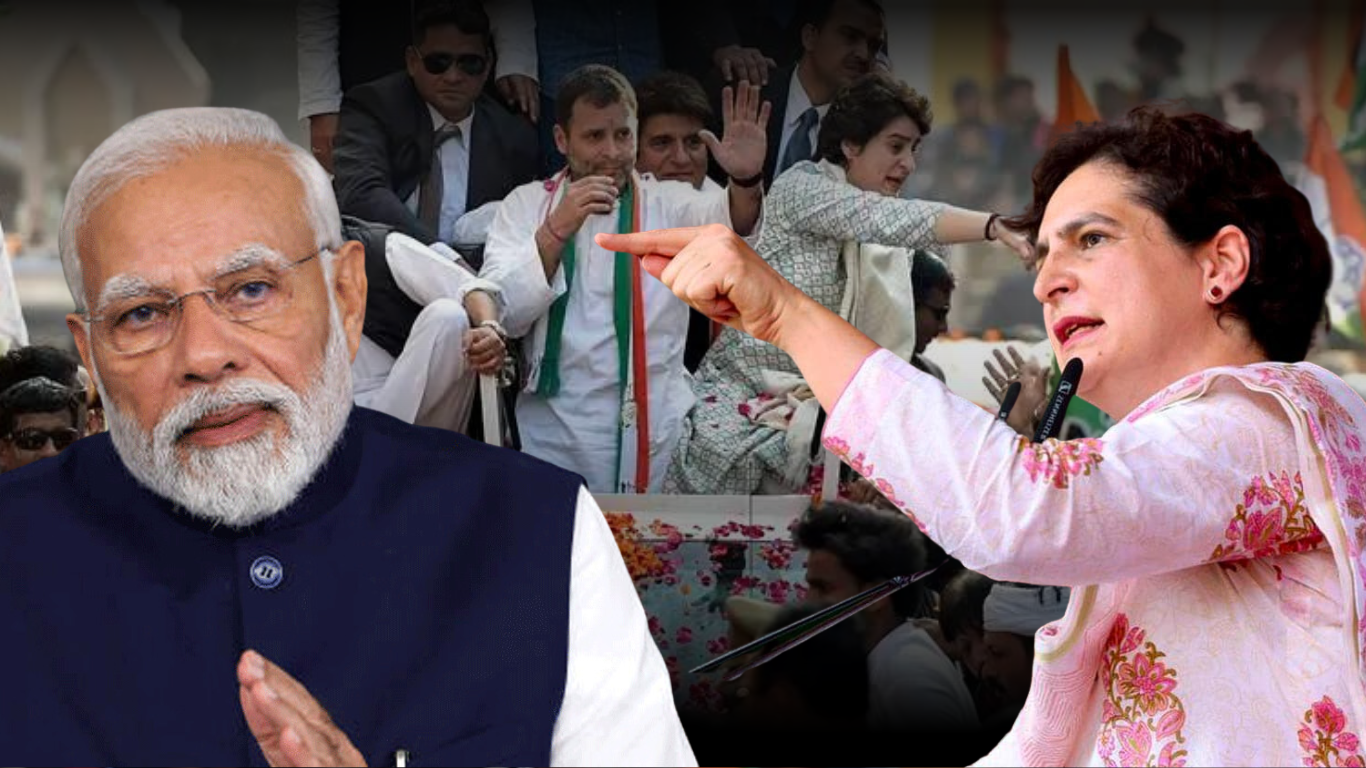
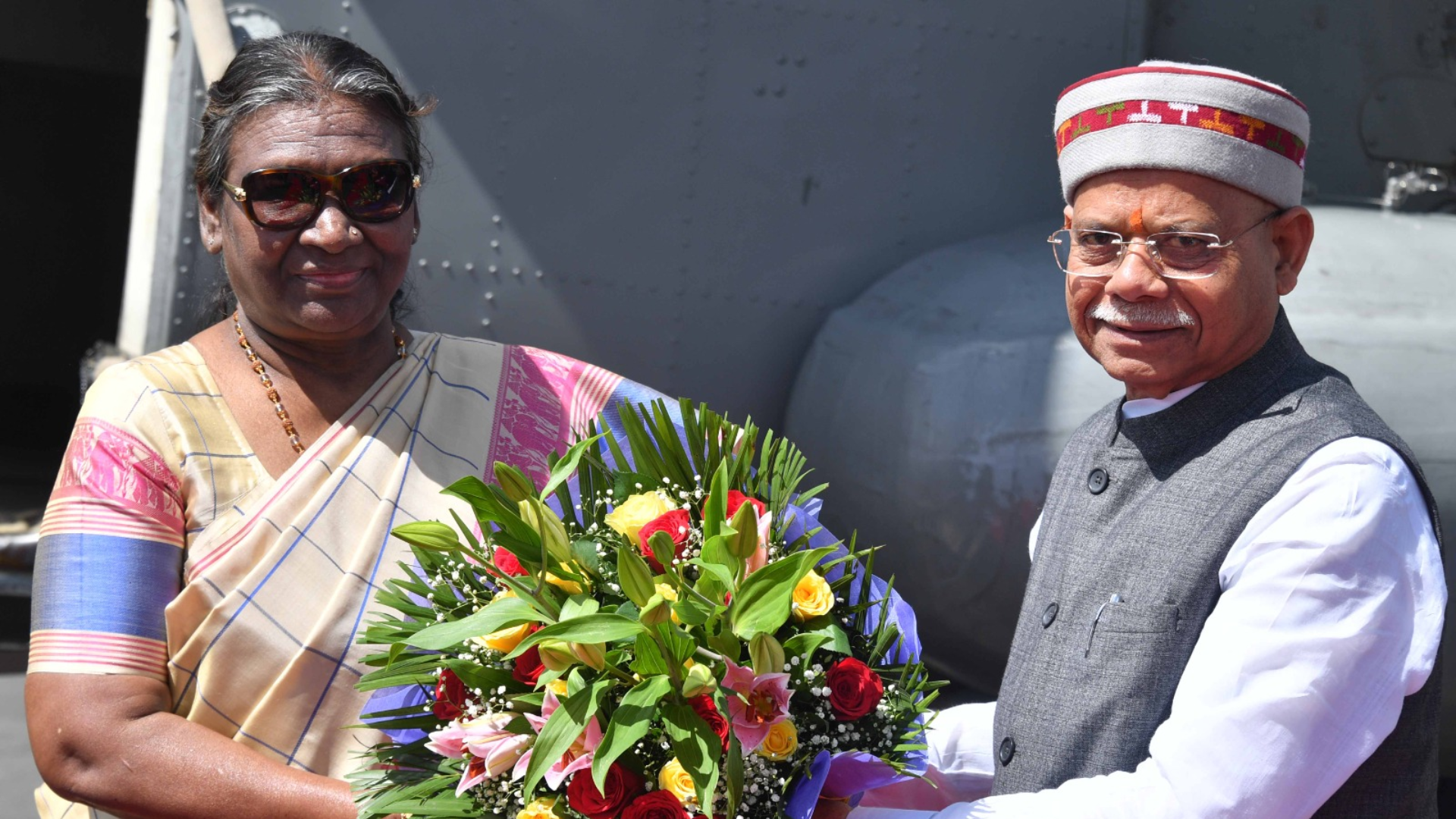
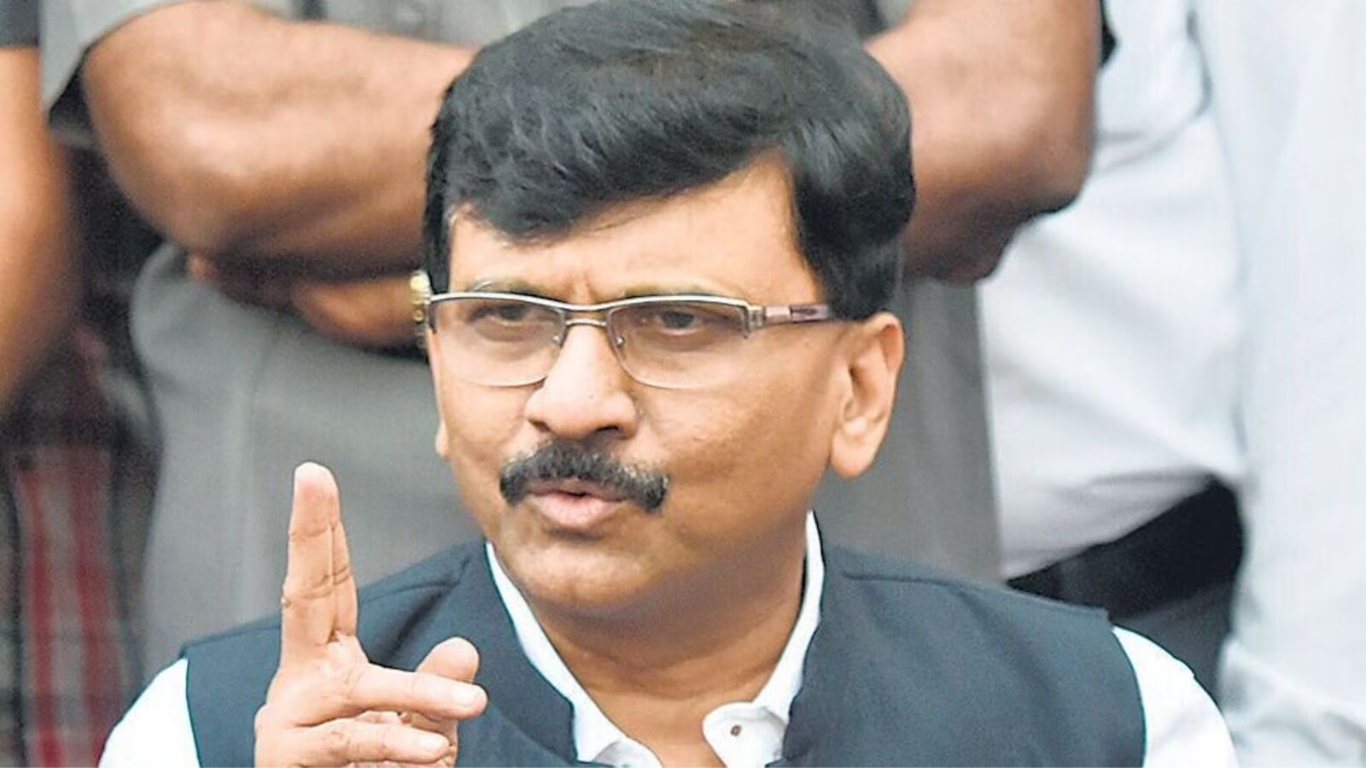
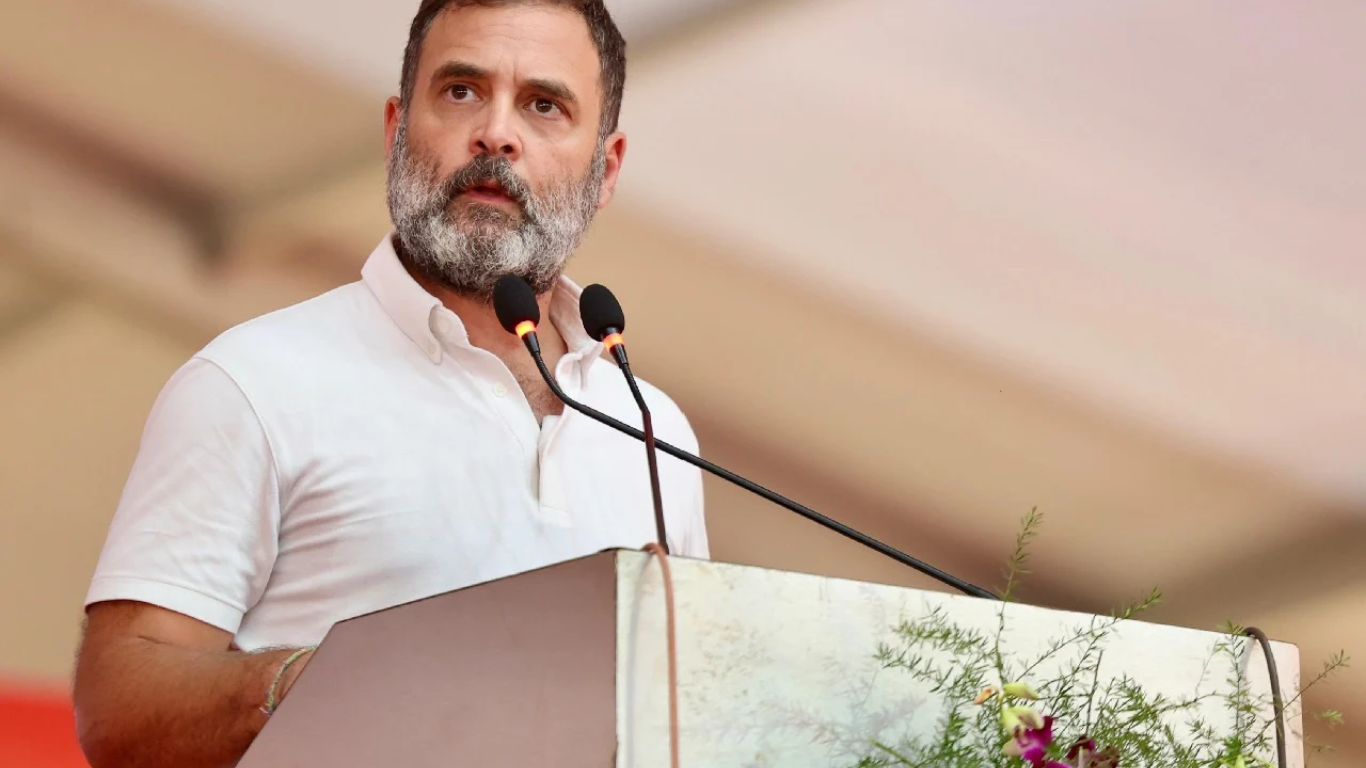
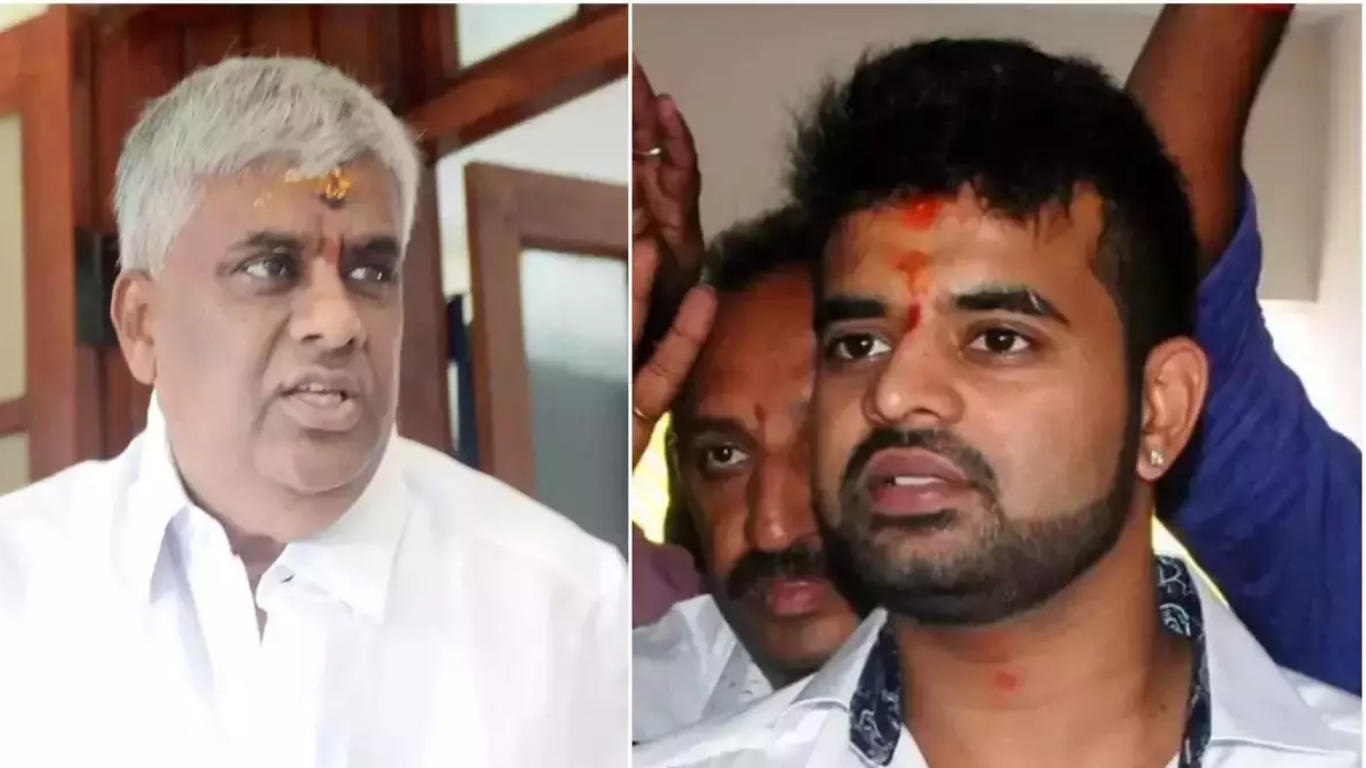
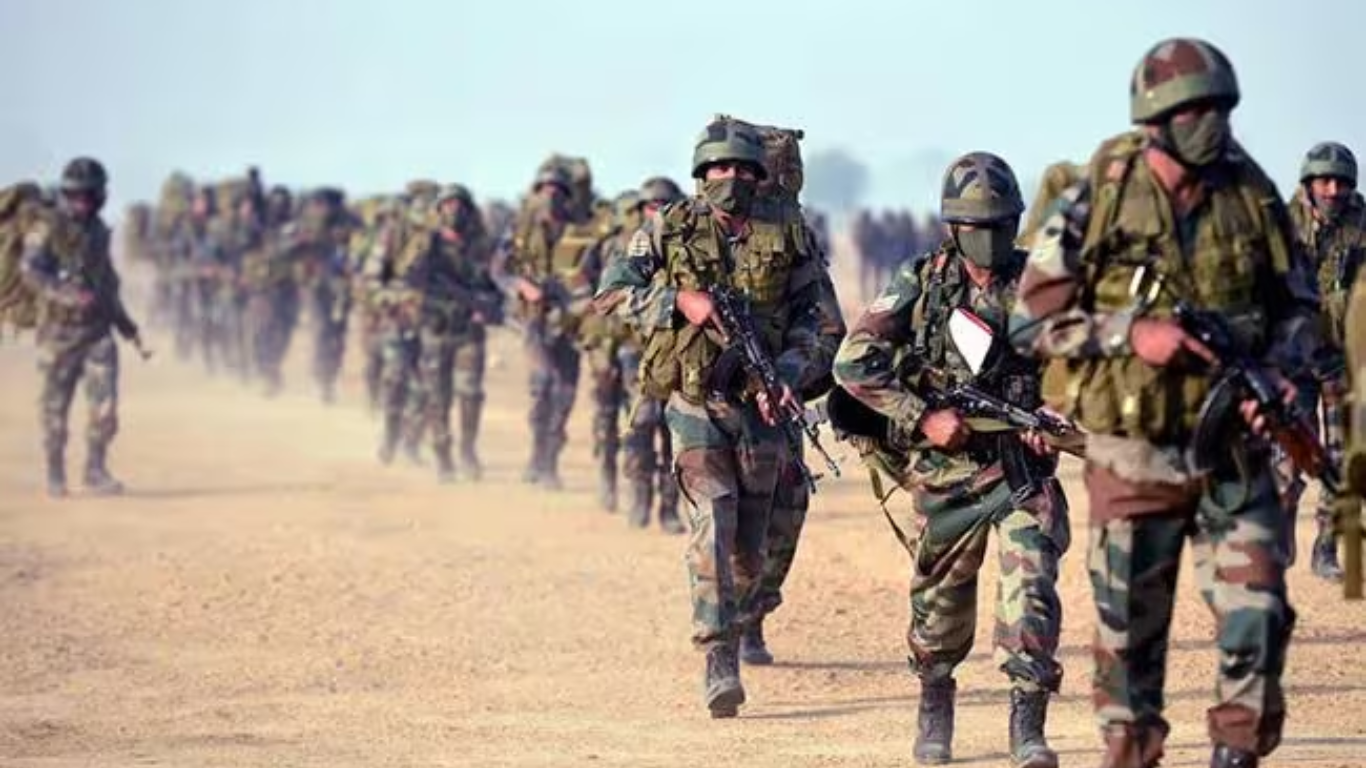
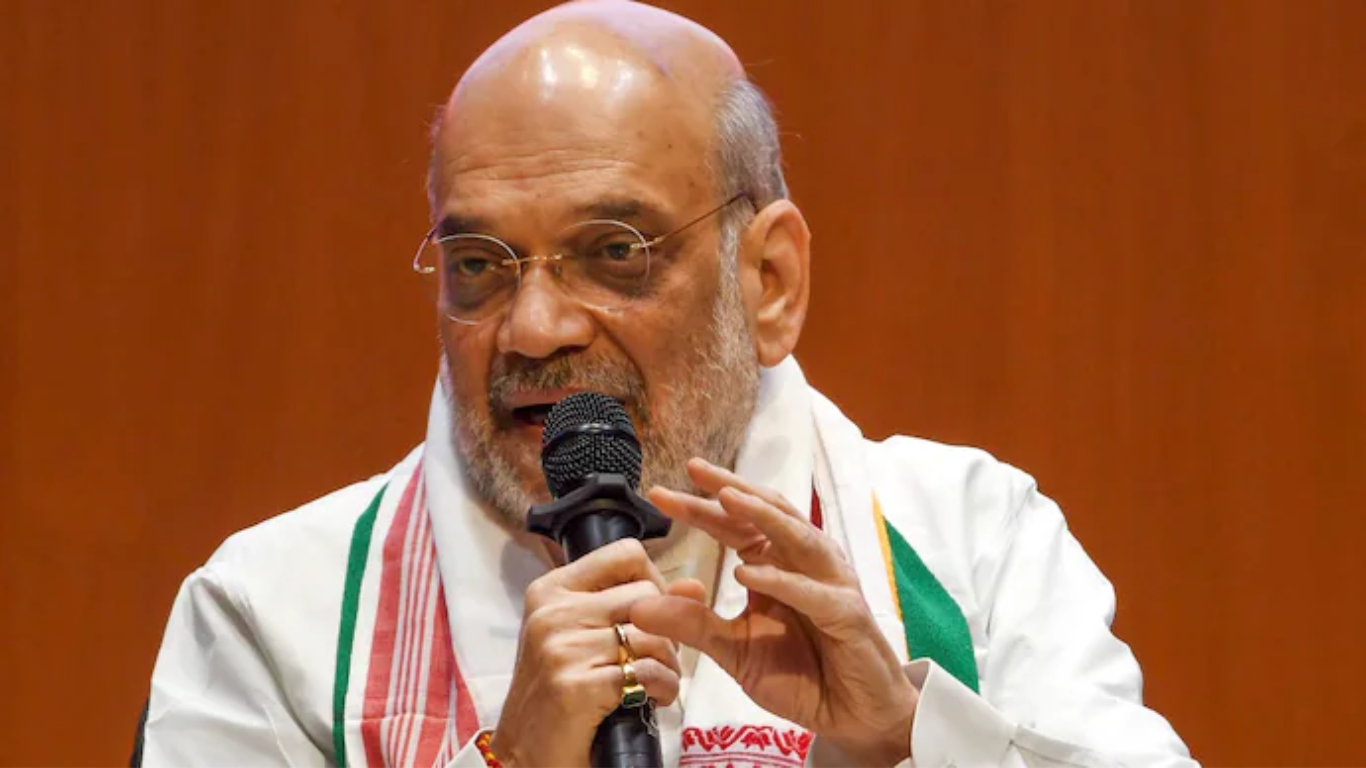
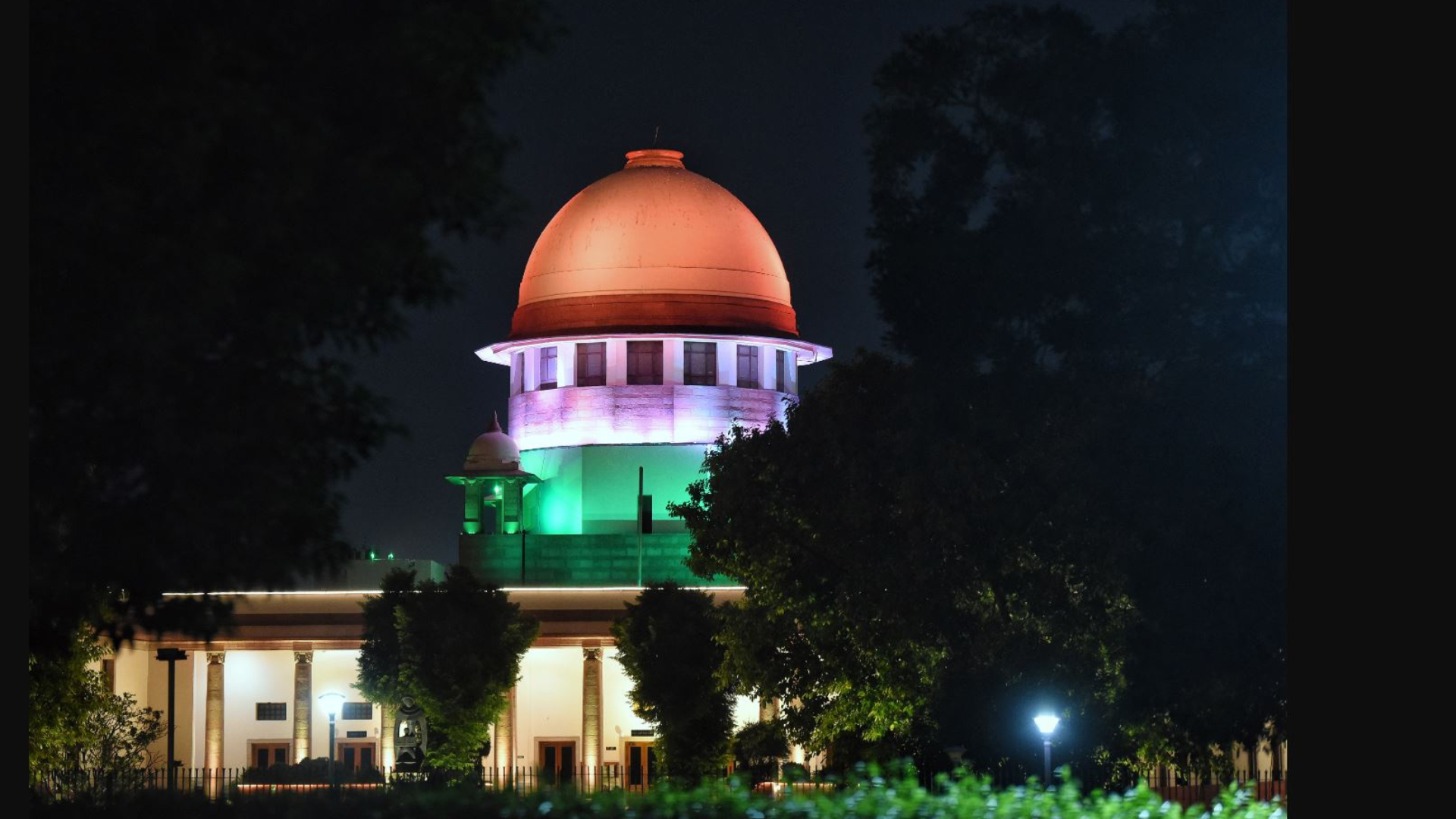
On Wednesday, the Supreme Court agreed to schedule a hearing on March 21 for a Public Interest Litigation (PIL) challenging the practice of political parties offering freebies during elections. Chief Justice DY Chandrachud, alongside Justices JB Pardiwala and Manoj Misra, stated, “This is significant. We will prioritize this matter tomorrow,” following the petitioner’s lawyer’s request for an expedited hearing.
The PIL argued for a complete prohibition on populist measures aimed at garnering undue political favor from voters, citing violations of the Constitution. It called upon the Election Commission to implement suitable deterrent measures.
Previously, the apex court had acknowledged the need for extensive deliberation on the issue of freebies pledged by political parties during election campaigns and had referred the case to a three-judge bench.
The Supreme Court is currently reviewing multiple petitions challenging the distribution of freebies by political parties. One of the petitions, filed by advocate Ashwini Kumar Upadhyay, sought the Election Commission of India’s intervention to seize election symbols and deregister political parties that promised to distribute irrational freebies using public funds.
The petition contended that political parties offering irrational freebies for personal gain and voter manipulation is akin to bribery and undue influence. It argued that such promises or distributions could unfairly sway voters, disrupt the electoral process’s integrity, and undermine the principles of democracy.
The practice of offering freebies to voters at the expense of the public treasury, the petition maintained, amounts to unethical behavior akin to bribing voters to maintain power, and should be avoided to uphold democratic principles and practices.

